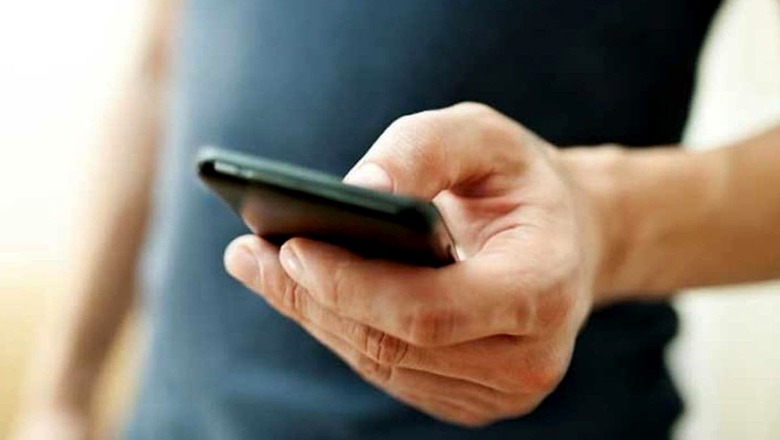
views
Three recommendations for controlling the spread of the novel coronavirus include washing hands with soap and water, maintaining social distance and wearing masks. While cleaning of hands is extremely necessary, cleaning of surfaces that we come in contact with on a regular basis is equally important. Previous studies have depicted that the novel coronavirus can stay active on the surface for long periods of time. In a recent study published in the Virology Journal on 7th October 2020, it was found that SARS-CoV-2 virus can survive on glass surfaces, stainless steel and currency notes for up to 28 days.
COVID-19 virus can stay on the surfaces for days
The study, conducted by the researchers from Australia’s national science agency CSIRO, examined the ability of the novel coronavirus to stay on different surfaces such as glass surfaces, mobile screes, stainless steel, money (both paper and polymer notes) and cotton cloth.
All these surfaces were exposed to a SARS-CoV-2 viral mixture and then inoculated at three different temperatures (20 °C, 30 °C and 40 °C) for different periods of time (1 hour, 1 day, 2 days, 3 days, 4 days and 7 days).
Lower the temperature, longer the virus survives
The results of the study showed that at 20 °C, the SARS-CoV-2 virus can survive on all the surfaces except cotton cloth for around 28 days. On the cotton cloth, the virus did not exist after 14 days.
At 30 °C, the presence of the virus on the surfaces ranged from 3 to 21 days, with the highest seen on the paper currency. The presence of the virus at 40 °C was comparatively less as compared to both 20 °C and 30 °C as the scientists did not find any traces of the virus on cotton cloth after 24 hours and on all remaining surfaces after 48 hours.
With this study, the scientists concluded that the novel coronavirus can survive longer in lower temperature and on non-porous surfaces such as glass surfaces, stainless steel, vinyl and even on money. Porous surfaces such as cotton do not show the presence of the virus after 24 hours.
How to clean the high-touch surfaces in the house?
In order to clean fomites and high-touch surfaces in the house such as doorknobs, tabletops, toilet handles and kitchen surfaces, people may use the following measures:
- Use either a disposable cloth or a reusable cotton cloth and dip it in a mix of disinfectant, cleaning agent (detergent or bleaching powder) and warm water. Use that cloth to clean all the surfaces of the house and then wash it with warm water and dry it in sunlight.
- Wash all the stainless steel kitchen utensils with warm water.
- Try to limit the use of cash, instead use online banking portals to do payments. You can also wash the coins with soap and water.
- Over-the-counter UV wands can be used to sanitize currency notes. Be careful while using UV sanitisers as they can cause harm on overexposure.
- Use commercially-available disinfecting wipes to clean electronic devices such as remotes, phone screens, laptop keyboards and light switches.
For more information, read our article on Best disinfectants and cleaners to kill coronaviruses.
Health articles on News18 are written by myUpchar.com, India’s first and biggest resource for verified medical information. At myUpchar, researchers and journalists work with doctors to bring you information on all things health.
Read all the Latest News and Breaking News here

















Comments
0 comment